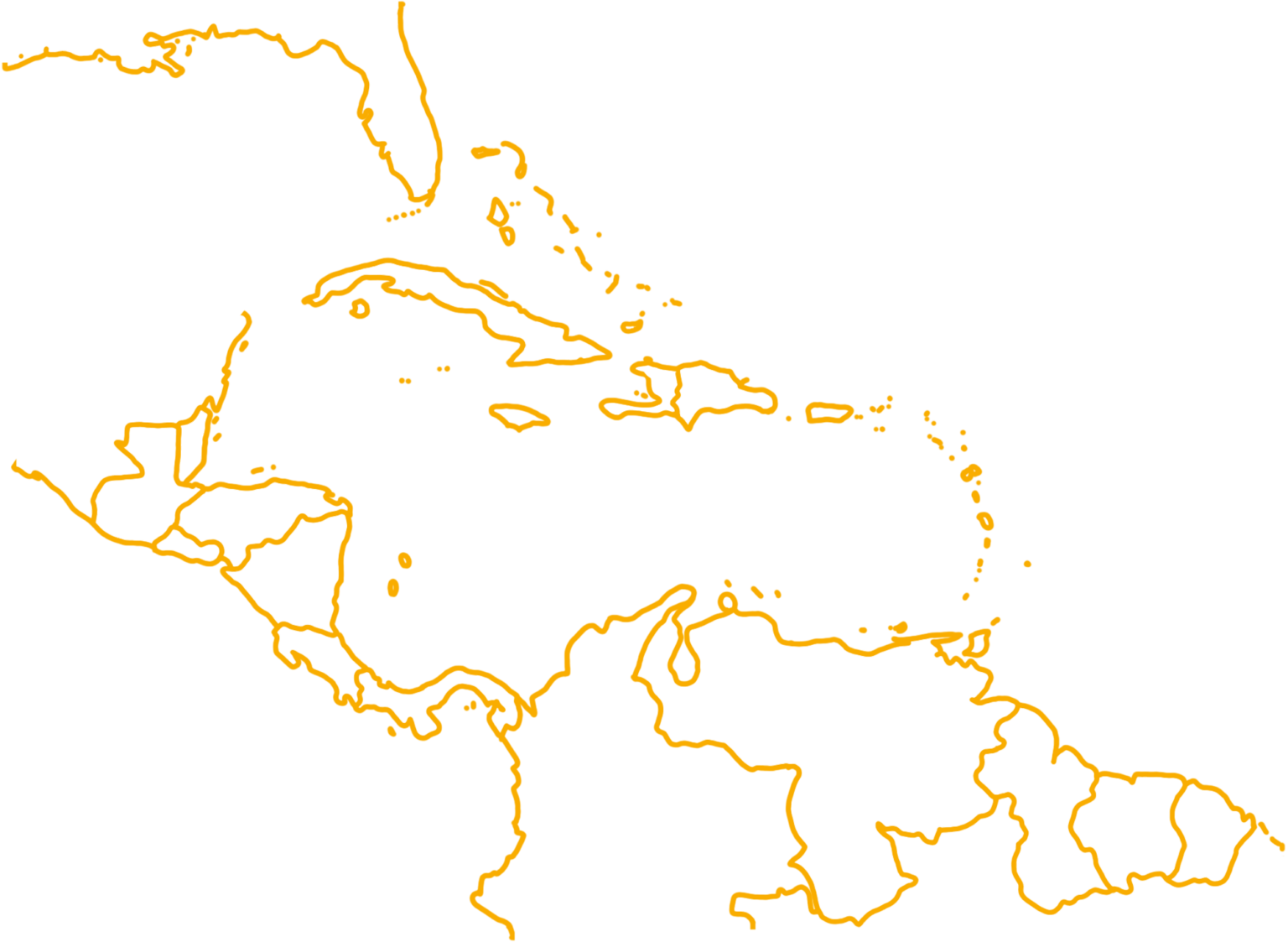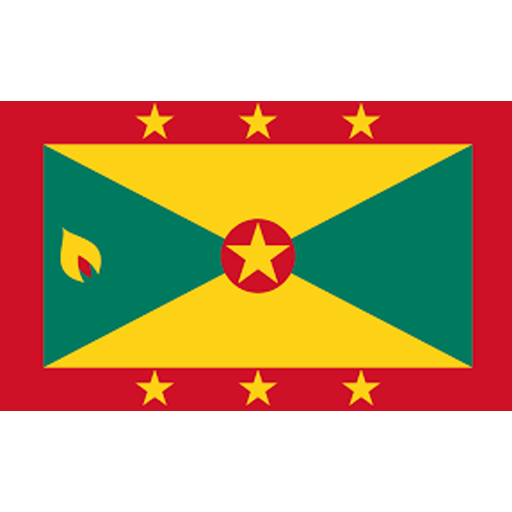Menu
Close
Communities facing environmental injustice may not seek legal remediation for a number of reasons. Many communities facing environmental injustice lack the financial resources to hire an attorney, and litigation can be expensive. Even if a community is able to find a pro bono attorney, there are still significant costs associated with preparing and filing a lawsuit. Furthermore, many communities are not aware of their legal rights or the possibility of seeking legal remediation. This lack of awareness may be due to a lack of access to legal information or education, or it may be due to language barriers or cultural factors. However, significant gains can often be made by affected communities who are able to pursue this route.

On the islands of the Colombian archipelago, lands are traditionally inherited from families. Following hurricane Iota, changes in the law led to construction on lands not belonging to the builders. For instance, the government wanted to place a coast guard installation in an area traditionally used for community and cultural activities.
Aftermath of Hurricane Irma in Puerto Rico [Learn More]
Barbudans rally against the Disaster Capitalism and accompanying ‘developments’ which expose them to greater effects from climate change

Grenada’s Citizenship by Investment program has attracted a lot of investors and has led to the extensive destruction of the environment, which is decreasing disaster risk resilience.
Jamaica Beach Birthright Environmental Movement (JABBEM) advocates for the constitutional guarantee of universal rights and unrestricted access by all Jamaicans to all beaches and coastal spaces for leisure, spiritual practices, meditative therapy, traditional baptisms, and sustainable livelihoods such as fishing and marine entrepreneurship.
Read MoreJanuary 16, 2025Read the full Article Read the full Article The Raizal community of Providencia successfully challenged the construction of a coast guard station in a protected mangrove area. The court ordered the pier’s destruction, prioritizing environmental protection and honoring the community’s right to a healthy environment. This victory sets a precedent for the fight against similar … Continue reading "Quiet Victory:...
Read MoreMarch 8, 2024Barbudan Fishermen Launch Legal Campaign for Codrington Lagoon, An Important Source of Water and Food Two Barbudan residents are taking legal action against their government’s approval of permits for foreign investors to construct villas on 114 acres of protected wetlands in Codrington Lagoon National Park. The lawsuit, filed by local fisherman and tour guide George … Continue reading "Barbudan Fishermen...
Read MoreFebruary 6, 2024
Showcasing stories of Caribbean organizations at the foreground of the struggle against disaster capitalism in the Caribbean. Our network of participants in the Greater Caribbean region connect, learn, share their hands on responses to the impacts of the twin threats of the climate crisis and disaster capitalism in our region.
WAVE (Progressive Reform Movement)
Global Challenges Research Fund
Open Society Foundations
All Rights Reserved – strongercaribbeantogether.org 2022
All Rights Reserved – strongercaribbeantogether.org 2022
In the tumultuous aftermath of disasters, it is easy to feel isolated and alone, but you are not.
We, a network of Caribbean-wide community organizers who stand in solidarity with those affected the twin threats of the climate crises and disaster capitalism, a phenomenon that exacerbates the suffering of vulnerable communities.
We want you to know that your stories matter. We are here to listen, to support, and to amplify your voices.
We believe that together, we can challenge the forces of disaster capitalism and advocate for more sustainable, inclusive and equitable decision-making.
Join us in solidarity. Share your experiences and let’s build strong communities that thrive together.
As the wider world braces for the climate change, Caribbean communities are already struggling with its effects. Small local communities, small scale farmers and coastal communities are disproportionately affected. Political decisions, power dynamics and laws often compound the catastrophes and silence bottom up solutions.
There are ways in which you can help.